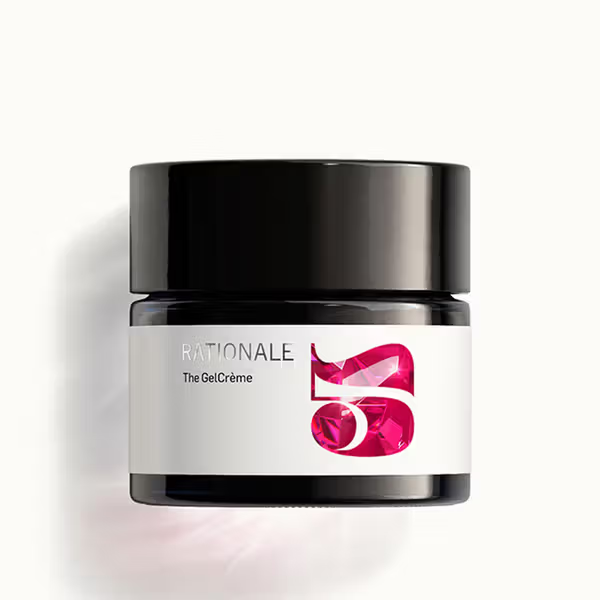
#5 The GelCrème
Rationale
$202.00

Rosacea
Rosacea is a chronic condition in which skin is overly sensitive, often with visible blood vessels and raised bumps on the face and it usually means tiptoeing around anything that could trigger a flare-up. Finding the right skin care routine (as well as managing lifestyle and environmental factors) can mean a lot of trial and error.
Fortunately at FENN the team are well versed in rosacea treatment. With a number of clients who experience rosacea they have developed a treatment protocol to suit the individual and at home skin care routine that helps to manage their rosacea. Naturopathic treatment can also be of great benefit to rosacea sufferers, FENN’s naturopath, Alice Flannery’s approach to treatment includes addressing lifestyle triggers, internal imbalances and immune support.
So what is rosacea and why does it occur?
Rosacea is an inflammatory and immune-response related condition of the skin that can be caused by various triggers. These triggers are often a combination of lifestyle and environmental factors that provoke inflammatory signals to the skin tissues and dilate the capillaries causing redness. Common triggers include stress, extreme temperatures, spicy foods, fragrance, alcohol in skin care, and alcoholic drinks. Even hot showers and skin-care acids can worsen symptoms. Constant rubbing and friction (like from frequent mask wearing) can also cause a flare-up.
Both the innate and adaptive immune system are involved in the development of rosacea at a very early stage. It seems that a compromised immune system triggers an inflammatory response inappropriately which can create patterns in the body and present more chronic symptoms over time.
In efforts to resolve rosacea it is essential to pay attention to what your triggers are and when your symptoms are heightened. Internal factors include, diet, organ function, histamine levels, internal heat and emotional stress. This is where naturopathic support can be highly beneficial for rosacea sufferers. Our naturopath Alice says that it’s important to understand that stress has more than just emotional and mental effects, it causes biochemical reactions, most notably increased cortisol, which is our stress hormone and is actually inflammatory and impacts the skin’s ability to heal and repair. Continually elevated cortisol levels break down elastin and collagen, resulting in impaired skin barrier function.
Hormonal imbalances (such as around peri-menopause) should also be considered in the management of rosacea as they can exacerbate the condition due to the influence of hormones such as oestrogen on the integrity of the skin.
While external factors include improper use of harsh topicals and contact sensitization, allergies, pollution, excessive UV exposure, etc. One major external trigger to pay attention to is UV exposure. UV rays can increase vascularization of the skin and cause swelling and a release of a molecule called cathelicidin. Cathelicidin is an antimicrobial peptide that, when processed by rosacea-type skin, results in vasoactive and pro-inflammatory peptides and peptide fragments. The skin produces leukotrienes and cytokines and initiates arachidonic acid cascades, all in response to something completely normal. Meaning, your skin and body are responding in ways in which it was made to do in order to heal for times when you cut yourself (for example) but with rosacea, there is no reason for the response. Finding the right sunscreen can be a big key to managing rosacea.
FENN top tips for managing rosacea

#5 The GelCrème
Rationale
$202.00
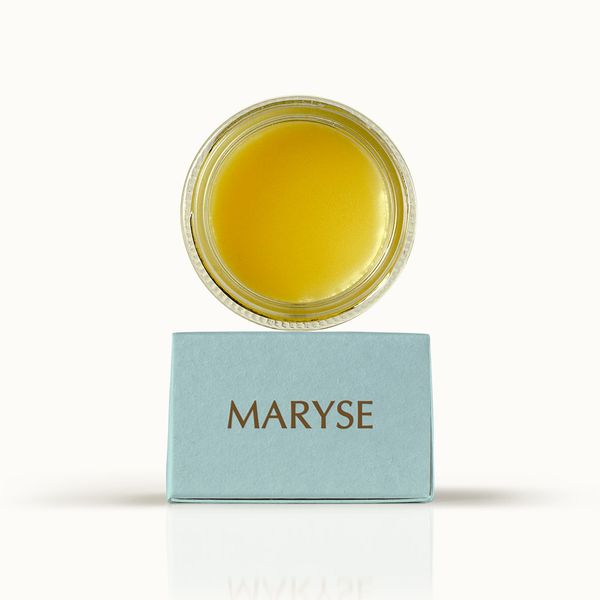
Treatment Balm
Maryse
$45.00
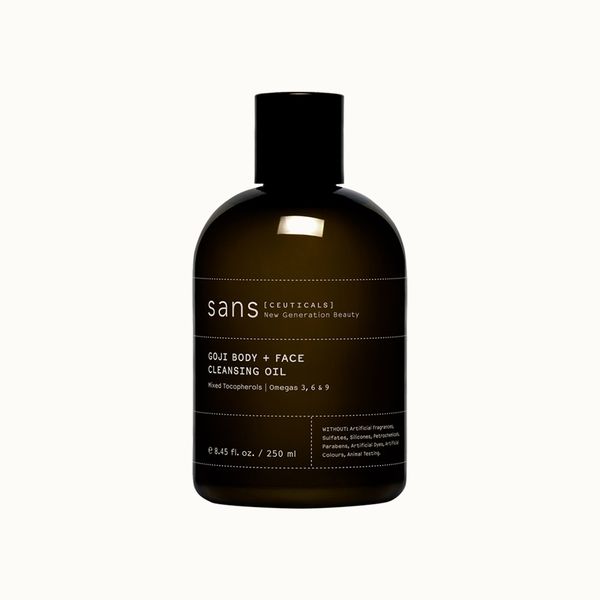
Goji Body + Face Cleansing Oil
Sans Ceuticals
$70.00
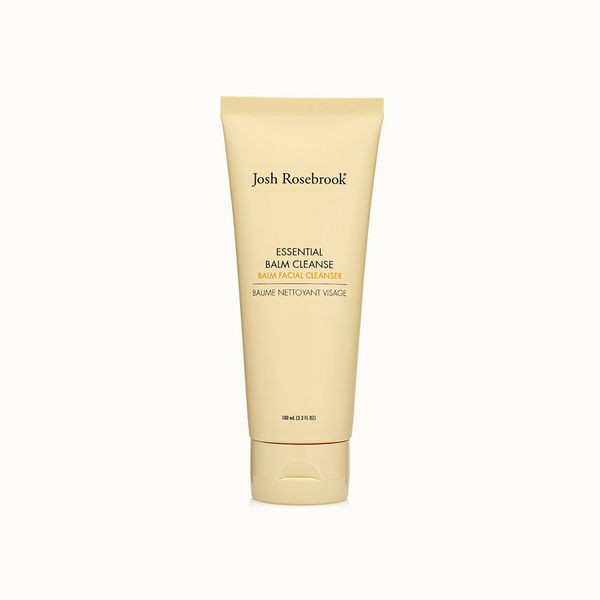
Essential Balm Cleanse
Josh Rosebrook
$87.00
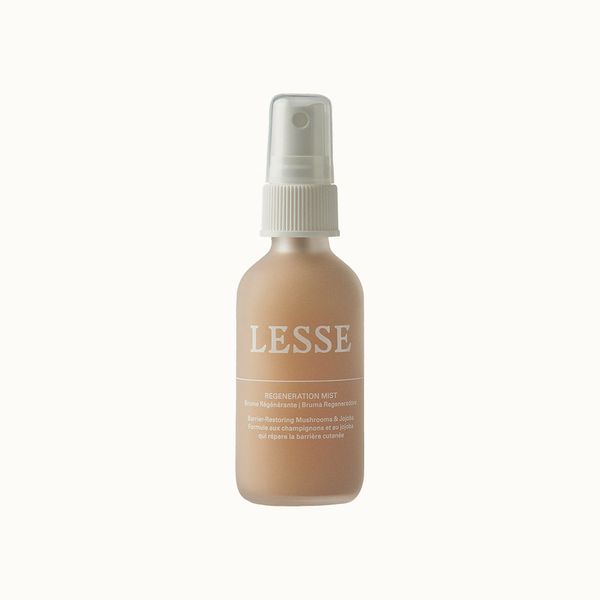
Regeneration Mist
Lesse
$80.00
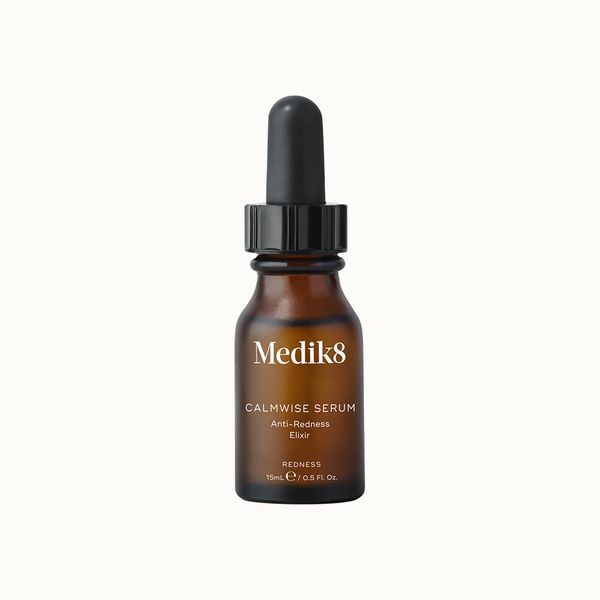
Calmwise Serum
Medik8
$82.00
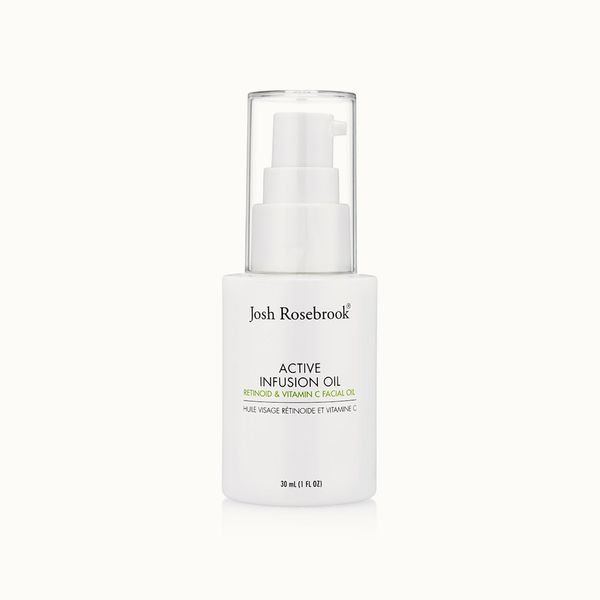
Active Infusion Oil
Josh Rosebrook
$147.00